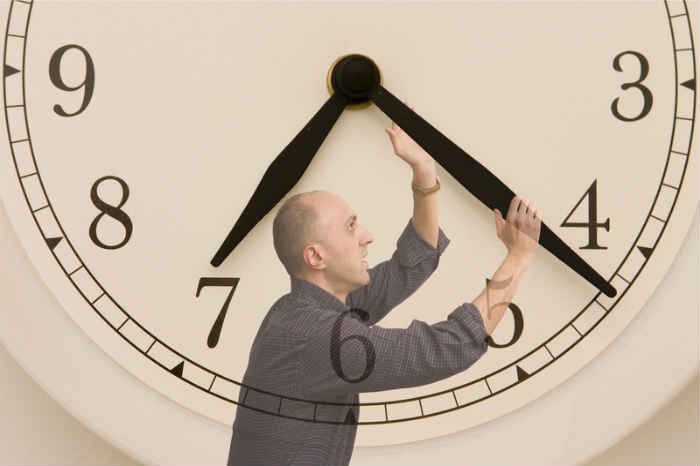











Locus of control is a person’s perceived amount of control they possess in their daily life. There are two types of control people have: internal and external. Internal locus of control focuses on each individual having control over their own life. External focus of control focuses on outside influences and factors that could have control over an individual’s life. Everyone has their own perception of how much control they have. Depending on whether their locus of control is internal or external can make a difference on how they experience and view their life.

People with an internal locus of control believe their actions have a greater influence over their life as opposed to outside factors. They perceive themselves to have a higher amount of control. For example, a person takes a test and does well would attribute success to their own intelligence and work ethic. They might have thoughts that include, “It helps that I’m smart and that I absorb information easily. I also studied really hard.” On the flip side, if they do not do well, they might blame themselves more. They might think they did not study enough and blame themselves for their lack of success. Individuals with a healthy self-image and self-esteem work to understand mistakes or missteps without beating themselves up for them. Research has indicated that individuals with more of an internal locus of control may be more motivated. If they attribute their actions towards success, they might be more motivated to work towards goals or change. An external locus of control can lead to feeling as though a person’s actions matter less because in their mind outside factors have more control than that individual.
People with an external locus of control believe external factors and influences have a greater control over events in their life. Individuals with this perspective will attribute successes and failures are up to chance or affected by influences that are out of their hands. For example, if a person takes a test and does well, they are likely to praise the person who taught them the material or think, “I just got lucky.” If a person takes a test and does poorly, they are more likely to blame someone else, the environment, or the situation. The risk for having more of external locus of control can potentially result in a lack of motivation or a tendency to take less responsibility for mistakes.
Most people likely have a mix of both internal and external. It is important to be aware of how those types influence a person’s thinking. Some individuals experience a concept called self-serving bias. They attribute successes to themselves and blame others or outside factors on something else. It can create an unhealthy sense of reality for a person. Individuals who maintain more of a realistic and positive self-esteem can avoid some of the pitfalls that can come from how they perceive having control in their own life. In general, it is important to maintain a healthy sense of self, owning what each person does well or things that might be out of their control and even owning their mistakes.